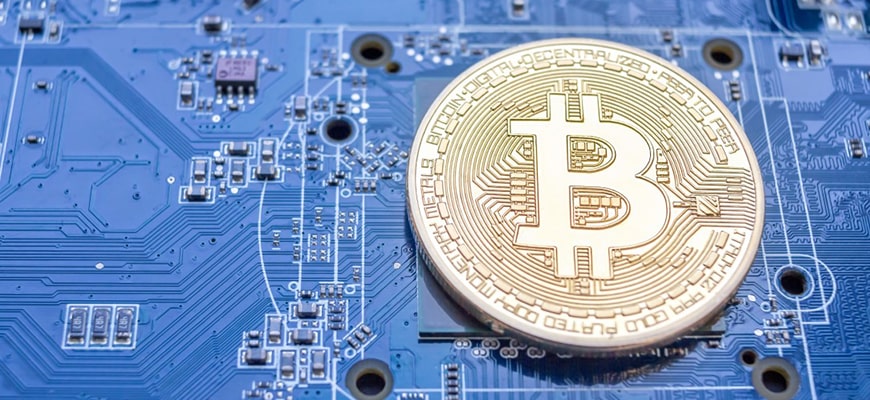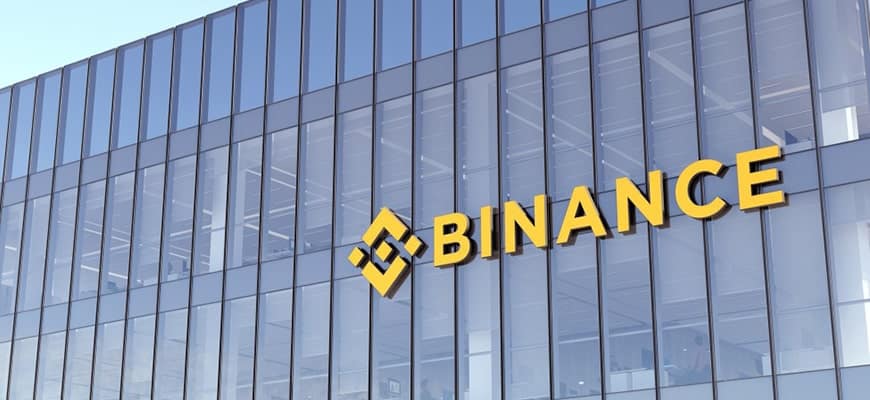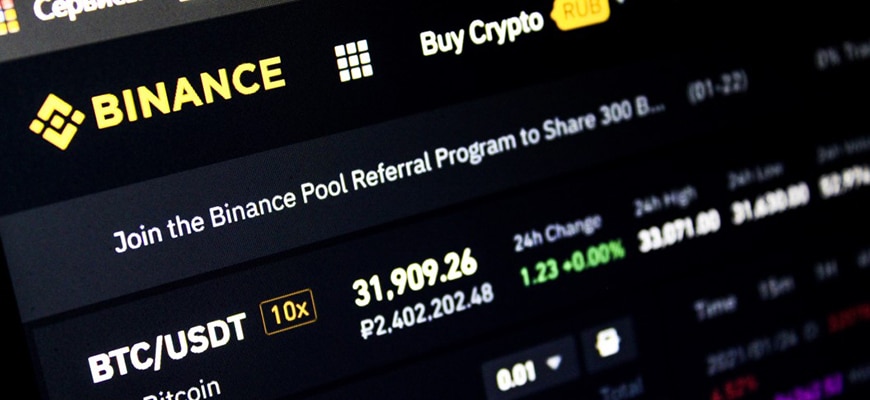Peer-to-Peer (P2P) is the decentralised communication between parties in a distributed network, dividing tasks or workloads between peers.
What is Peer-to-Peer (P2P)?
P2P is a distributed network in which “computer systems” communicate with each other to share data or tasks. It is called the distribution of networks, in which “computer systems” exchange information and tasks. As it is said, the amount of two or more people who have agreed and agreed to deal with one other are sufficient to implement the whole process. Additionally, no central server is needed to facilitate and manage this communication.
In the context of cryptocurrencies and blockchain, P2P takes on special importance in the context of cryptocurrencies and P2P. As an example, the bitcoin whitepaper defines its protocol as “A Peer-to-Peer Electronic Cash System” – a reference to the same and equal participating of all participants in the exchange system with no intermediaries.
According to the expert, Bitcoin is a true peer-to-peer protocol that is independent of a third party with centralised control, but P2P should not have to be based on blockchain. At the moment, BitTorrent is not originally based on blockchain (before Tron acquired), but yet it has been considered one of the most decentralized peer-to-peers systems in the world.








